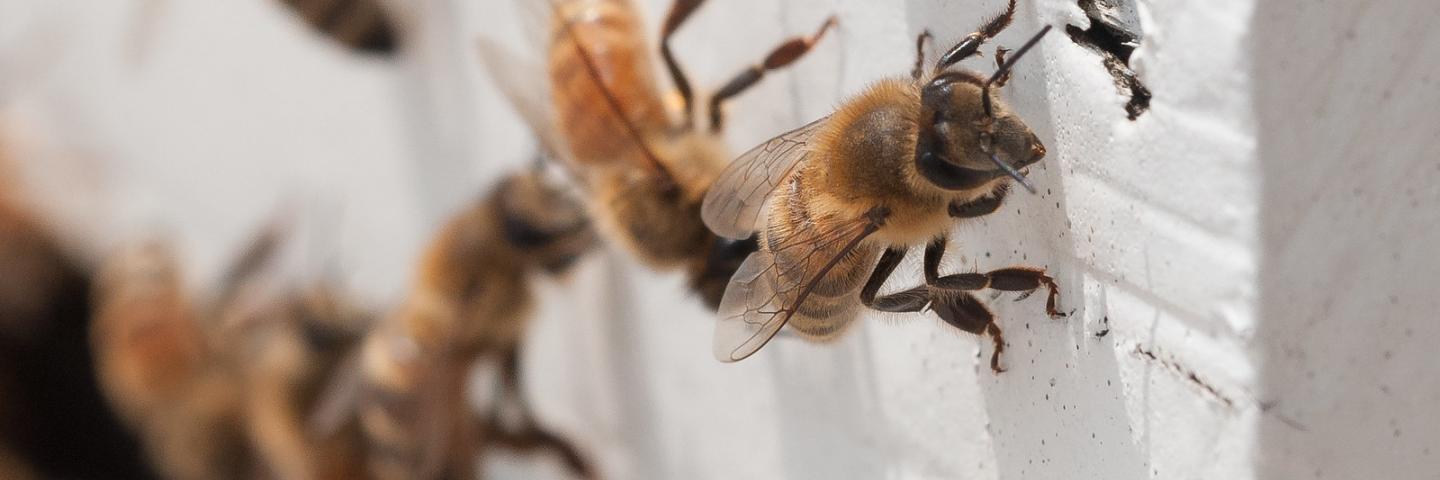
North Dakota has been the top producing state in the nation for honey for many years, out producing every state by at least double. But honey bees are much more than producers of honey and beeswax or pests outside the front door.
Honey bees are a vital resource for pollination, naturally contributing to the production of over 30% of the food we eat.
The significance of the honey bee is both ecological and economical as estimates show that honey bees pollinate close to $15 billion in crops annually. As the honey bee travels from plant to plant, the previous flower’s pollen is transferred allowing these plants to produce their seeds and fruits. Without pollination, we would experience a detrimental loss in crops ranging from berries, melons, fruits and nuts to herbs and vegetables; which would in turn, increase the cost of food and the decrease the quantity available to feed our families.
The decline of the honey bee is serious. It is estimated that the number of colonies has diminished by almost 50% in the United States. Evidence points to more than one contributing factor but there are small efforts you can make to increase the chance of their survival. We invite you to review these links to see how you can help. Honey bees and other pollinators are key to a sustainable future.
Additional Information
Contact:
Jarvis R. Keney
Assistant State Conservationist (Programs)
(701) 530-2005
C: (701) 425-9076
jarvis.keney@usda.gov

